Michigan Tech researchers evaluate bacterial communities in freshwater for their ability to break down crude oil and diesel fuel.
Bacteria that can consume oil or fuel have been used to help clean up spills in the ocean, but their use in freshwater has been limited by a lack of research. A Michigan Technological University professor and his students have set out to change that, studying colonies of bacteria in the Straits of Mackinac to determine what conditions they need to thrive.
Steve Techtmann, an expert in identifying bacteria that can be used to clean up various kinds of waste, has determined the community is, at least in a laboratory setting, capable of degrading crude oil and diesel fuel. The results of Techtmann and his students' study are published in the Journal of Great Lakes Research. But, since both oil and fuel are regularly transported by ship and near lakes and rivers, this discovery has important implications for freshwater contaminant spills across the world. Understanding what happens to oil when it's released in water can help emergency responders and government react quickly and more effectively.
"Bacteria help to break down oil that couldn't be cleaned up through physical means like skimming," Techtmann said. "A lot of the methods for oil spill cleanup rely on these types of bacteria for oil that humans can't recover."
Tiny Terrariums and Hydrocarbon Snacks
To create an environment in which the bacterial samples could flourish or fail, students including Kayley Roche, a biochemistry major who plans to graduate this December, set up glass bottles containing a volume of lake water. They added a certain amount of either crude oil or diesel fuel, then sealed them shut with a rubber stopper.
At Tech, Start Doing Research Your First Year
Kayley Roche came to Michigan Tech for the research opportunities that often begin as early as a student's first year.
"As a biochemistry student, I saw a lot of opportunity for undergraduate research and reached out to Steve (Techtmann) my second semester here," Roche said. "I began with filtering water samples and setting up microcosms."
Roche learned hands-on wet lab techniques and got experience with gas chromatography and practice doing DNA extractions. She applied what she's learned to an internship at Precision Planting in Illinois, where she researched ways to quantify soil nutrients and analyze soil health in the field versus in a lab.
"This past summer I ran some instrumentation that if I hadn't worked in the research lab, I wouldn't have qualified for the position. These skills automatically bump you up a level in the eyes of job recruiters," she said.
Learn more about a degree in biochemistry and molecular biology from Michigan Tech.
"Every week we would take a bunch of the bottles and measure the carbon dioxide in them," Roche said. "We saw carbon dioxide production increasing as the microbes had more time to break down the oil in the bottle."
The scientists poked a needle through the rubber stopper to pull out enough air to measure the carbon dioxide inside. They used gas chromatography to measure the chemical signature in the air samples.
"We used carbon dioxide production as a proxy to measure hydrocarbon metabolism by the microbes," Roche said. "Carbon dioxide is respired by the microbe, and its measurement can help correlate microbial metabolism with the breakdown of the hydrocarbons in the oil."
Even Bacteria Need an Offseason
But cleaning a freshwater spill isn't as easy as releasing the bacteria then heading to the beach. The clean-up effectiveness of the bacterial colonies Techtmann and others in his lab identified depends on the season, community makeup and availability of certain nutrients.
If the bacteria in a given bottle multiplied after the addition of oil or fuel, the researchers knew the microorganisms were the type that could survive and thrive in the presence of contaminants. The team then investigated how other variables affected the bacteria in each bottle.
"Temperature is a major thing that affects the bacterial metabolism," Techtmann said. "In this experiment, we simulated conditions in the winter by incubating water at cold temperatures," he continued, noting that the bottles were held at either 4 or 23 degrees Celsius (39.2 to 73.4 degrees Fahrenheit). "The oil in the bottles incubated at colder temperature broke down more slowly."
Other factors can affect the bacteria's appetite, too — including the nutrients they have available, such as nitrogen and phosphorus, as well as carbon from the oil or diesel fuel. Lower nutrient availability also slowed the rate of contaminant breakdown.
"We also found that there were different groups of bacteria that responded to oil at different times of the year. For example, there was a spring-specific community or fall-specific community, and then a year-round community of bacteria," Techtmann said.
Champions of the Oil-Eating Contest
Now that a specific community of bacteria has been identified, Techtmann and students will investigate how quickly the Straits bacteria can process crude oil or fuel, and what other environmental conditions might affect the bacteria's effectiveness.Emma Byrne, who graduated from Michigan Tech this year with a master's degree in biological sciences, analyzed the data collected from the microcosm experiment along with other students from the lab. Byrne is now an environmental quality analyst for the Michigan Department of Environment, Great Lakes and Energy.
"This research is important because the impacts of oil spills in freshwater environments, particularly the Great Lakes, are understudied," Byrne said. "Understanding how the environment might fluctuate in the event of an oil spill could help us predict the impacts."
Techtmann concurred. "We know so much about this process in the oceans, but we know relatively little about this process in freshwater, yet we rely on freshwater so much."
Laura Schaerer was also an author of this study.
Michigan Technological University is a public research university founded in 1885 in Houghton, Michigan, and is home to more than 7,000 students from 55 countries around the world. Consistently ranked among the best universities in the country for return on investment, Michigan’s flagship technological university offers more than 120 undergraduate and graduate degree programs in science and technology, engineering, computing, forestry, business and economics, health professions, humanities, mathematics, social sciences, and the arts. The rural campus is situated just miles from Lake Superior in Michigan's Upper Peninsula, offering year-round opportunities for outdoor adventure.
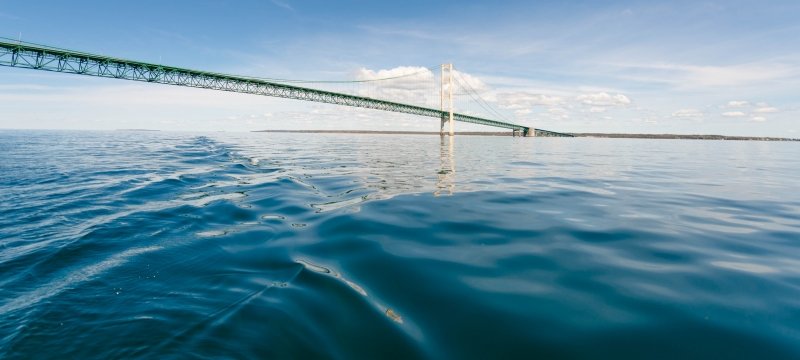
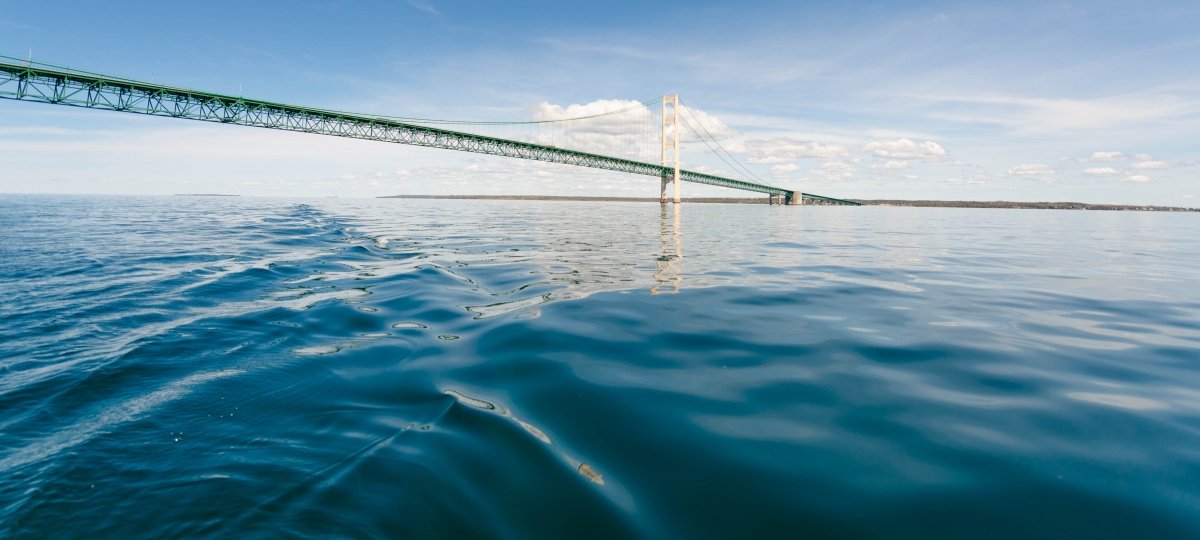
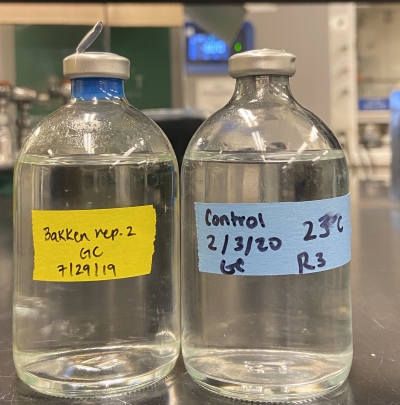
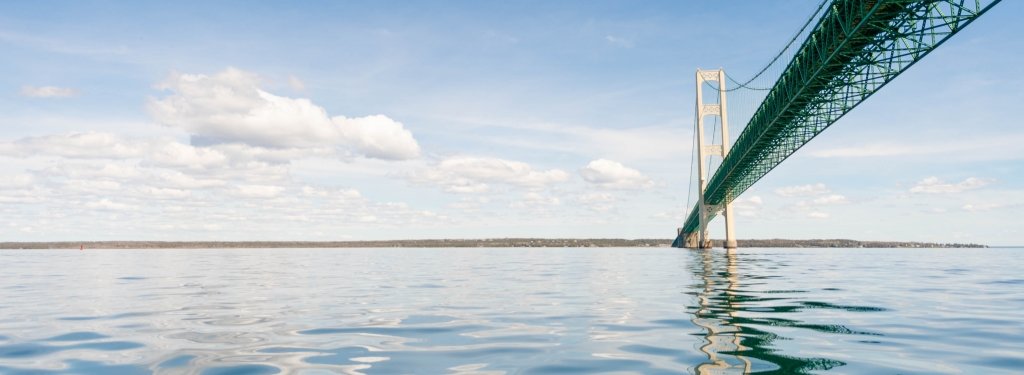
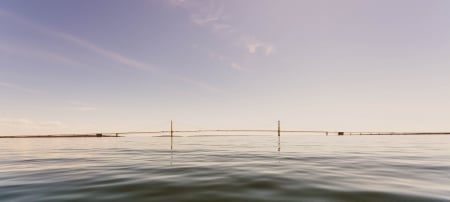

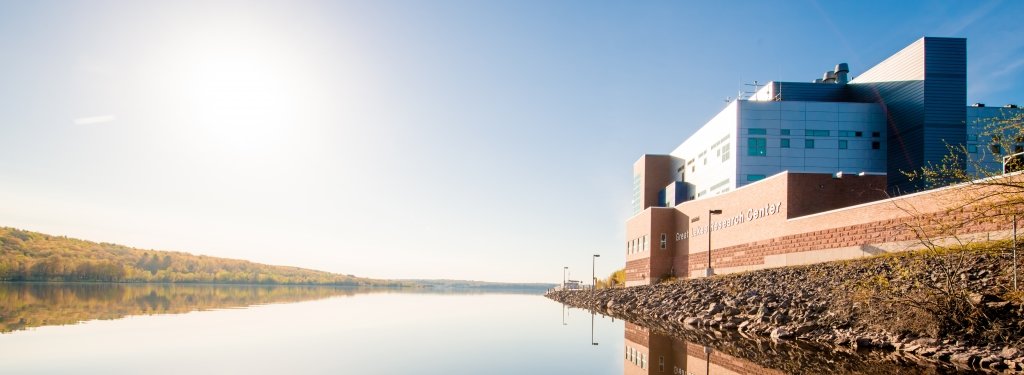
Comments